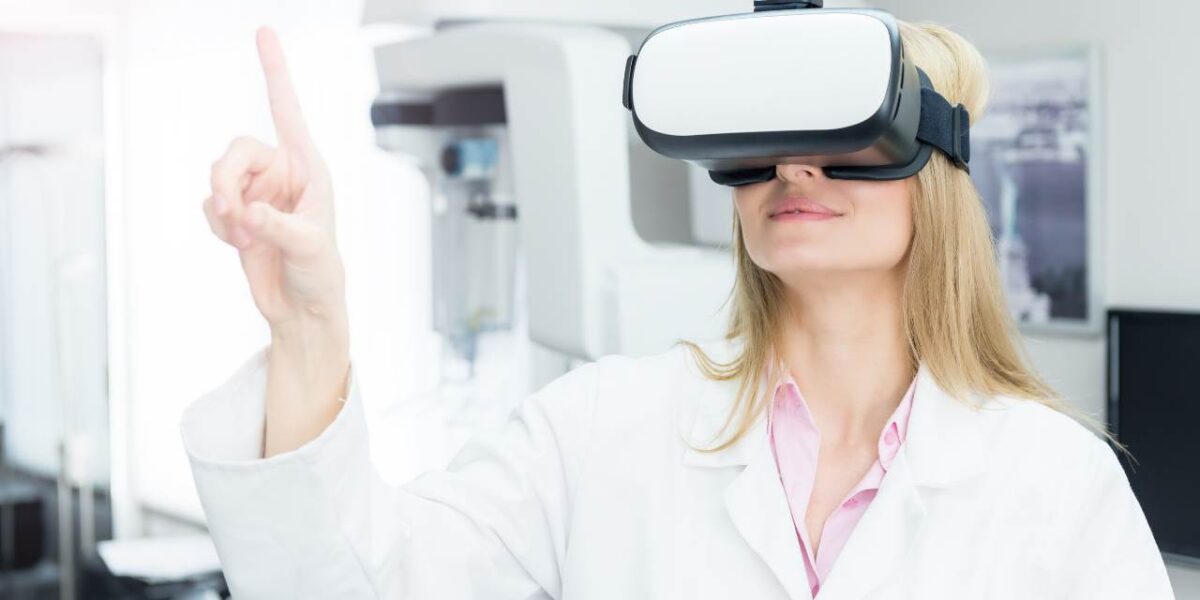Metaverse enthusiasts, be prepared, as in 2023, we will see the metaverse take off in the professional world.
VR and AR are being used right now to train pilots and surgeons. Employers, universities and training programs are expected to jump into the metaverse in even more significant ways in the coming year.
Let’s find out two of its most popular applications so far.
VR in flight training
According to VRPILOT, With the advent of consumer-priced Virtual Reality (VR) hardware, such as the Oculus Rift, HTC Vive and others, the benefits of this technology have found their way to many applications. The main benefit of virtual reality to flight training is the immersive representation of the flight experience, providing some important learning advantages over traditional flight simulators. Key benefits to flight schools include reduced training costs, cost savings on aircraft familiarization training and faster training of students.
The website cited that one of the most critical aspects of learning is knowledge retention – the ability to remember what you learn. This is especially true for flight crew, who must memorize dozens of checklists, rules and procedures. Studies have shown that VR-assisted learning can potentially improve knowledge retention by up to 400 %, adding value to the time spent studying. Better knowledge retention means less retraining and, in the end, better pilots who remember the emergency checklist better, thanks to VR-assisted learning.
VR in medicine
Metaverse Insider wrote that VR technology has many different applications within medicine; it can help create simulations of drug trials with patients without actual live patients. Because virtual and augmented reality often use “digital twin” technology (a virtual rendering of a real-life object or location), they can also simulate the drug manufacturing process. This, in turn, can help pharmaceutical companies streamline their production, helping to lower the cost of drugs. This can make these life-saving medicines more accessible for those needing them.
This technology is also beneficial for medical education and surgery. Using virtual or augmented reality, students can run through practice surgeries without the cost or need for cadavers. Virtual surgeries allow students to make mistakes in a safe environment, building confidence as they continue to learn. Because many practice surgeries may require a corpse with a specific disease or problem, virtual surgeries allow these needs to be met easily. These lessons can also be better customized for a particular medical field and help to enhance student engagement. With its many applications, doctors and hospitals are becoming more excited to test this new technology on live patients.
Credits: VR Pilot and Metaverse Insider


